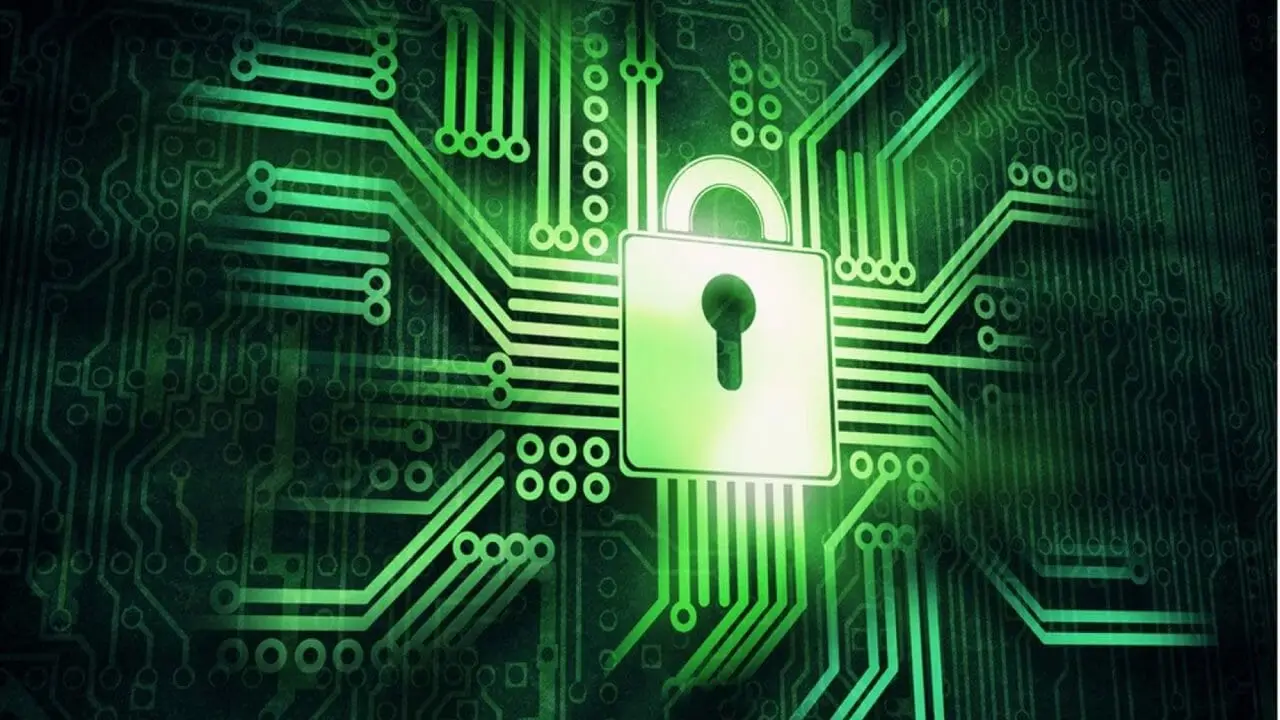How To Protect Your Business From Cyber Crime?

How To Protect Your Business From Cyber Crime
Cybercriminals may threaten to disable computer systems or delete data, infect a company with a virus, reveal private or personally identifiable information about customers or employees, conduct a denial-of-service attack, or seize control of social media platforms to generate revenue. There are innumerable instances of similar assaults occurring every day to organisations of all sizes.
Protect Your Business From Cyber Crime
To assist businesses in preventing cybercrime, ICTechnology has created the following checklist:
Data Backups
Data backups are one of the most economical ways to ensure that information is recovered during a cyber disaster or computer problem. To assist data security, the department advised adopting various backup techniques, such as daily incremental backups to a portable device or cloud storage and end-of-week, quarterly, and annual server backups. Regular checks should be made to back up data to ensure that it functions correctly and can be recovered.
The agency advised against plugging portable devices into a computer to avoid infection and storing them separately offsite to prevent theft and other physical harm. Cloud storage should employ robust encryption techniques and multi-factor authentication to ensure data security.
Secure Your Network and Data
Users should always pay attention to update prompts because operating systems and security software should automatically update to patch security problems. Firewalls must also be put in place to serve as gatekeepers for all incoming and outgoing traffic. To lessen the volume of spam and phishing emails that their organisations get, the typical method hackers use to infect devices and steal sensitive data; is also beneficial for businesses to turn on spam filters.
Use Passphrases Instead of Passwords
Use passphrases rather than passwords, particularly for accounts that contain sensitive company data. Using both uppercase and lowercase letters, special characters, digits, and a secure passphrase should be at least 14 characters long. Additionally, it needs to be unpredictable, unique (not being used in other accounts), and unexpected.
Use Multi-factor Authentication
Using multi-factor authentication (MFA) is a common practice to protect data. Users must submit two or more forms of identification as part of the verification procedure, which further increases security. One illustration is a system that demands a password and a code sent to a different device before allowing a user access to an online account.
Enable Data Encryption
Organisations must enable network and data encryption when storing and exchanging data because encryption turns data into a secret code before it is delivered over the internet. Virtual private network (VPN) software can be installed on computers and other devices to enable this, or it can be activated through router settings.
Comprehensive Monitoring System
A company must keep track of all the software and hardware it employs. Any software and hardware no longer in use should have sensitive data removed, and the devices should be disconnected from the network. According to the bureau, outdated hardware and software may not be updated and exploited as a backdoor by thieves to assault enterprises. Similarly, organisations should deny access to former workers and individuals who have switched roles and no longer need them.
Cyber-security Training
The first and last lines of defence against cyber-attacks might both be employees. This is why training everyone to recognise, avoid, and handle cyber-attacks is so good.
Consistently Protect Customers
Additionally, firms must protect the sensitive information of their customers. In keeping with this, they ought to be able to offer a safe online setting for transactions.
Set Security Policies
Additionally, businesses should have clear cyber security policies informing staff members on appropriate behaviour while exchanging data, using devices such as computers and laptops, and visiting websites.
Consider Cyber Insurance
It makes sense for businesses to carry a cyber-insurance policy in the increasingly digital business environment since it helps cover the financial losses a cyberattack brings. Claims brought by people or organisations who may have suffered an injury due to a business’s activity or inaction may also be covered.
Frequently Asked Questions
How do companies control cyber risk?
The following are strategies for controlling cyber risk.
- Identify cybersecurity threats correctly.
- Recognise the areas where your business is most at risk.
- Recognise the harm that could result from these risks.
- Establish a plan for defending your business.
- Know how to reduce the effects of cyberattacks.
Why is cyber security important for businesses?
Cybersecurity is crucial because it guards against the crimes and destruction of many data types. This covers delicate information, personally identifiable information (PII), protected health information (PHI), personal data, data about intellectual property, and information systems used by the government and businesses.
How can a company defend its clients against cyber criminals?
By teaching your staff the dangers of cybercrime, investing in antivirus software, and keeping all of your software products updated, you can support the defence against these initiatives. Reviewing the manufacturers and partners whose security technologies you use is also a brilliant idea.
What is the best solution for cybercrime?
Using antivirus or comprehensive internet security software to defend your PC from threats is wise. You can scan, find, and eliminate hazards with antivirus software before they become a problem.
How do companies defend themselves against threats?
Include remote workers even if you employ a virtual private network (VPN) or a cloud service provider (CSP). To supply an extra layer of security, you should also set up an intrusion detection/prevention system (IDPs).
Keep in touch with us!
ICTechnology can aid you in protecting your company from cybercriminals. We will keep track of all the hardware and software to recognise, avoid, and handle a cyber-attack. So, contact ICTechnology at 1300 123 428 right away!





